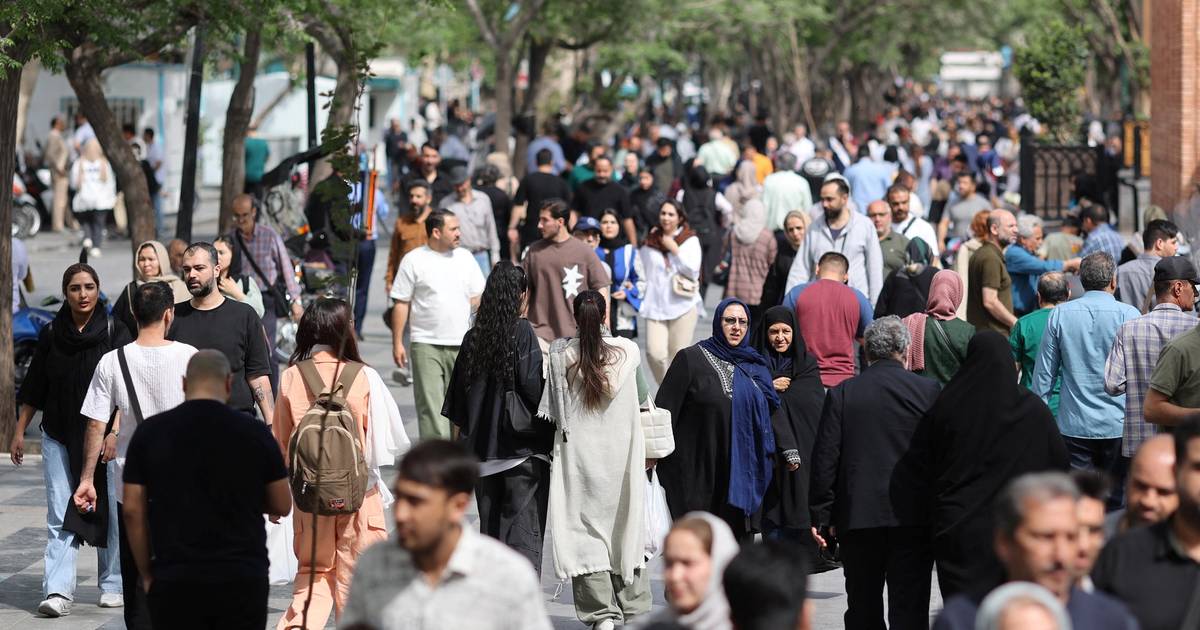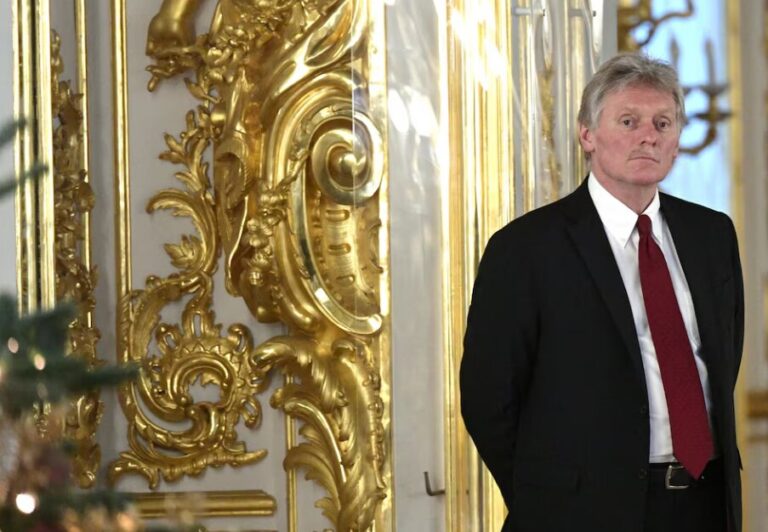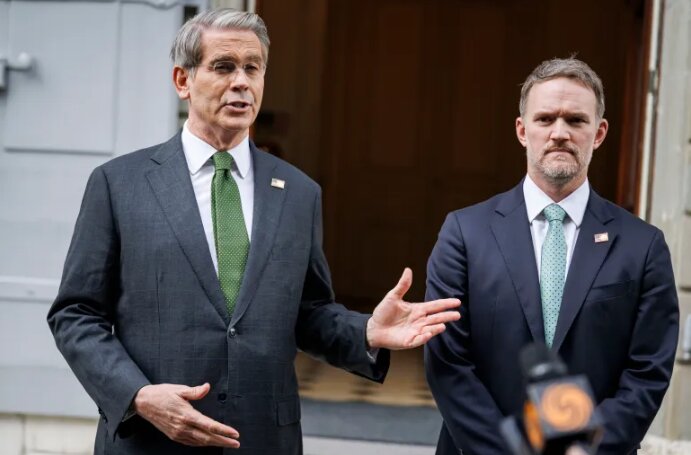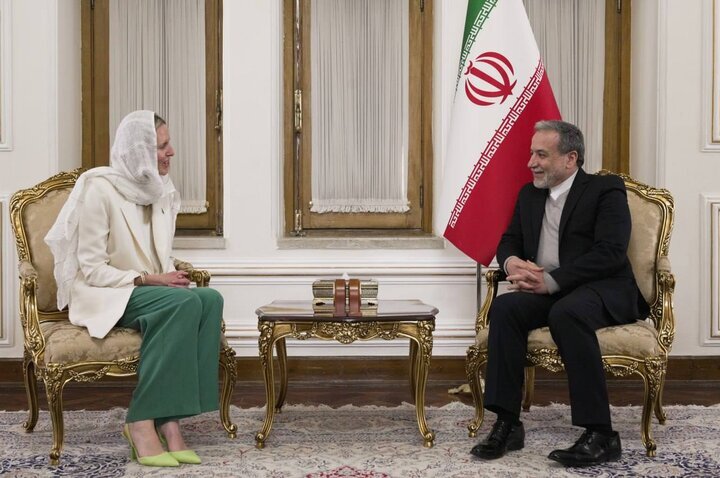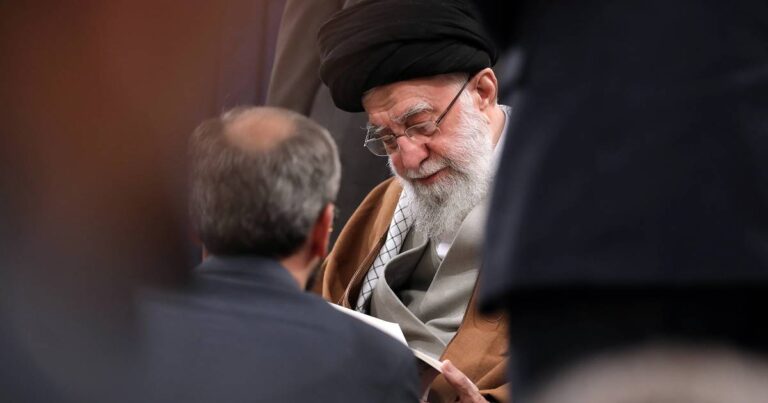Iran’s Rial Dips as US Negotiations Get Delayed: Economic Impact and Insights
Iran’s currency experienced a significant decline on Saturday, following the delay of the fourth round of indirect negotiations with the United States. This setback has raised concerns about the future of diplomatic efforts aimed at resolving issues related to uranium enrichment and inspections, which are critical topics in the ongoing dialogue.
The Iranian rial fell past 870,000 to the US dollar in Tehran’s open market, marking a reversal of the gains achieved in recent weeks during earlier diplomatic sessions in Oman. After recovering to approximately 795,000 following the third round of talks, the currency’s value has plummeted again due to growing uncertainty in the negotiations.
US Secretary of State Marco Rubio emphasized the need for Iran to take significant steps to alleviate concerns about its nuclear program. In a statement to Fox News, Rubio outlined key demands:
- End all uranium enrichment
- Allow American inspectors access to all nuclear facilities, including military sites
- Cease support for proxy groups
- Halt long-range missile development
Rubio stated, “There’s no reason for enrichment unless you want a weapon,” highlighting the potential consequences Iran may face, including “serious consequences, including potential military action,” if these demands are not met.
In response, Iranian Foreign Minister Abbas Araghchi dismissed Rubio’s stringent demands, arguing that such “maximalist positioning and incendiary rhetoric achieve nothing except eroding the chances of success.” Araghchi reiterated Iran’s right to pursue a full nuclear fuel cycle, citing its status as a founding signatory to the Non-Proliferation Treaty (NPT). He expressed optimism about the potential for a resolution, stating, “A credible and durable agreement is within reach. All it takes is firm political will and a fair attitude.”
The International Atomic Energy Agency (IAEA) recently confirmed that Iran is the only non-nuclear-armed country currently enriching uranium to levels of 60%. This fact underscores the urgency of the discussions as both parties grapple with the complexities of the nuclear issue.
Although no official explanation has been provided for the postponement of the latest round of talks, Iranian officials have acknowledged ongoing disagreements concerning both general principles and specific technical details. This lack of consensus further complicates efforts to reach an agreement that satisfies both parties.
The rial’s decline is particularly noteworthy given its recent history. Earlier this year, the currency fell to a record low of around 1,058,000 per dollar in early April, before stabilizing during previous rounds of negotiations. This volatility reflects the sensitive nature of Iran’s economy, which is heavily influenced by external diplomatic factors.
In summary, the recent dip in the value of the rial and the postponement of the talks signify a challenging period for Iran as it navigates its nuclear program and international relations. The outcome of these negotiations is crucial not only for Iran’s economy but also for the broader geopolitical landscape in the region.
As the situation evolves, it remains essential for both nations to engage in constructive dialogue to address the pressing issues at hand. The international community is closely monitoring developments, as the implications of these discussions extend beyond bilateral relations to global security and stability.
In conclusion, the path forward is fraught with challenges, but the potential for a peaceful resolution remains if both sides can find common ground. The coming weeks will be critical in determining the future of Iran’s nuclear program and its economic stability.
